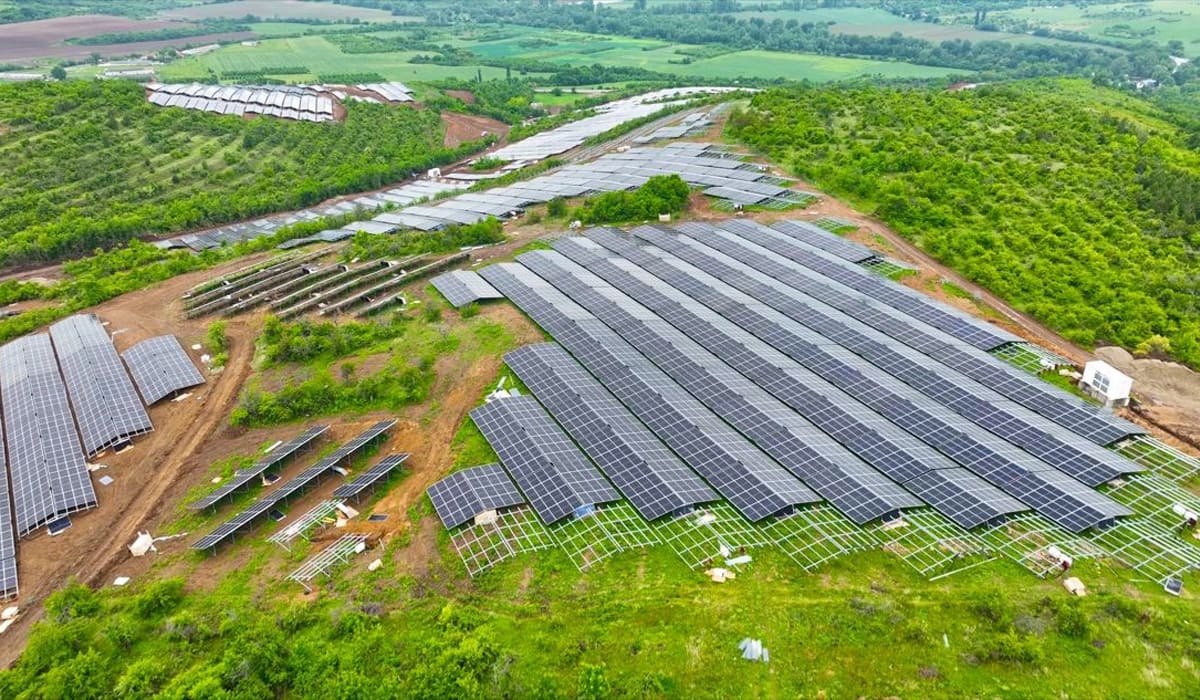Advantages of Photovoltaics in Agriculture
Sep 04, 2024
Photovoltaic (PV) technology has emerged as a promising solution for sustainable development in agriculture, offering numerous advantages that benefit farmers, the environment, and the overall economy. In recent years, the integration of PV systems with agricultural practices has gained significant momentum worldwide, particularly in China, where this "photovoltaic agriculture" model is rapidly evolving. Let's explore some of the key advantages of photovoltaics in agriculture.
Increased Land Productivity
One of the most significant benefits of photovoltaic agriculture is the increased productivity of land. By installing solar panels above agricultural fields, farmers can utilize the same piece of land for both electricity generation and crop cultivation. This practice, known as "agrivoltaics" or "agricultural photovoltaic complementarity," maximizes land use efficiency. For instance, in Guizhou Province, China, farmers have successfully planted crops like marigolds, potatoes, and buckwheat underneath solar panels, significantly boosting their income.
Enhanced Economic Returns
Photovoltaic agriculture not only generates clean energy but also provides farmers with additional income streams. Farmers receive land lease fees for installing solar panels, income from crop sales, and sometimes even wages from working at the power station or cooperatives. The combined revenue can significantly improve the economic status of rural communities. For example, Chahe village in Guizhou Province has seen a substantial increase in income by cultivating crops under solar panels, with a 700-mu (46.7 hectares) buckwheat harvest expected to yield an output value of 320,000 yuan ($45,000).
Environmental Benefits
Photovoltaic agriculture contributes significantly to environmental sustainability. Solar panels produce electricity without emitting greenhouse gases or pollutants, reducing the carbon footprint of agriculture. Additionally, by reducing the need for fossil fuel-based electricity, it decreases air and water pollution associated with traditional power generation methods. Furthermore, shading provided by solar panels can moderate soil temperature, reduce water evaporation, and improve soil moisture content, leading to healthier crop growth.
Improved Crop Quality and Yield
The controlled environment created by solar panels can enhance crop quality and yield. The shade provided by the panels reduces intense sunlight, which can be harmful to certain crops, particularly during hot summer months. This moderate light intensity promotes optimal photosynthesis and reduces stress on plants, leading to better growth and higher yields. In some cases, farmers have reported improved fruit quality and size, as well as increased resistance to pests and diseases.
Diversified Energy Supply
Photovoltaic agriculture also contributes to energy security and diversity. By generating renewable energy on-site, farmers can reduce their dependence on the grid, particularly in remote or underserved areas. This localized energy production not only ensures a reliable power supply for farming operations but also supports rural electrification efforts, enhancing the quality of life for local communities.
Job Creation and Economic Growth
The development of photovoltaic agriculture projects creates job opportunities in both the renewable energy and agricultural sectors. The installation, maintenance, and operation of solar farms require skilled labor, providing employment for local residents. Additionally, the increased demand for agricultural products due to the dual-use of land can stimulate economic growth in rural areas, promoting diversification of the local economy.
Photovoltaic agriculture represents a win-win solution for farmers, the environment, and the economy. By integrating solar panels with agricultural practices, farmers can increase land productivity, generate additional income, and contribute to environmental sustainability. The model has proven successful in countries like China, where supportive policies and innovative practices have facilitated its rapid adoption. As the world continues to seek sustainable solutions for agriculture and energy, photovoltaic agriculture emerges as a promising avenue for the future.